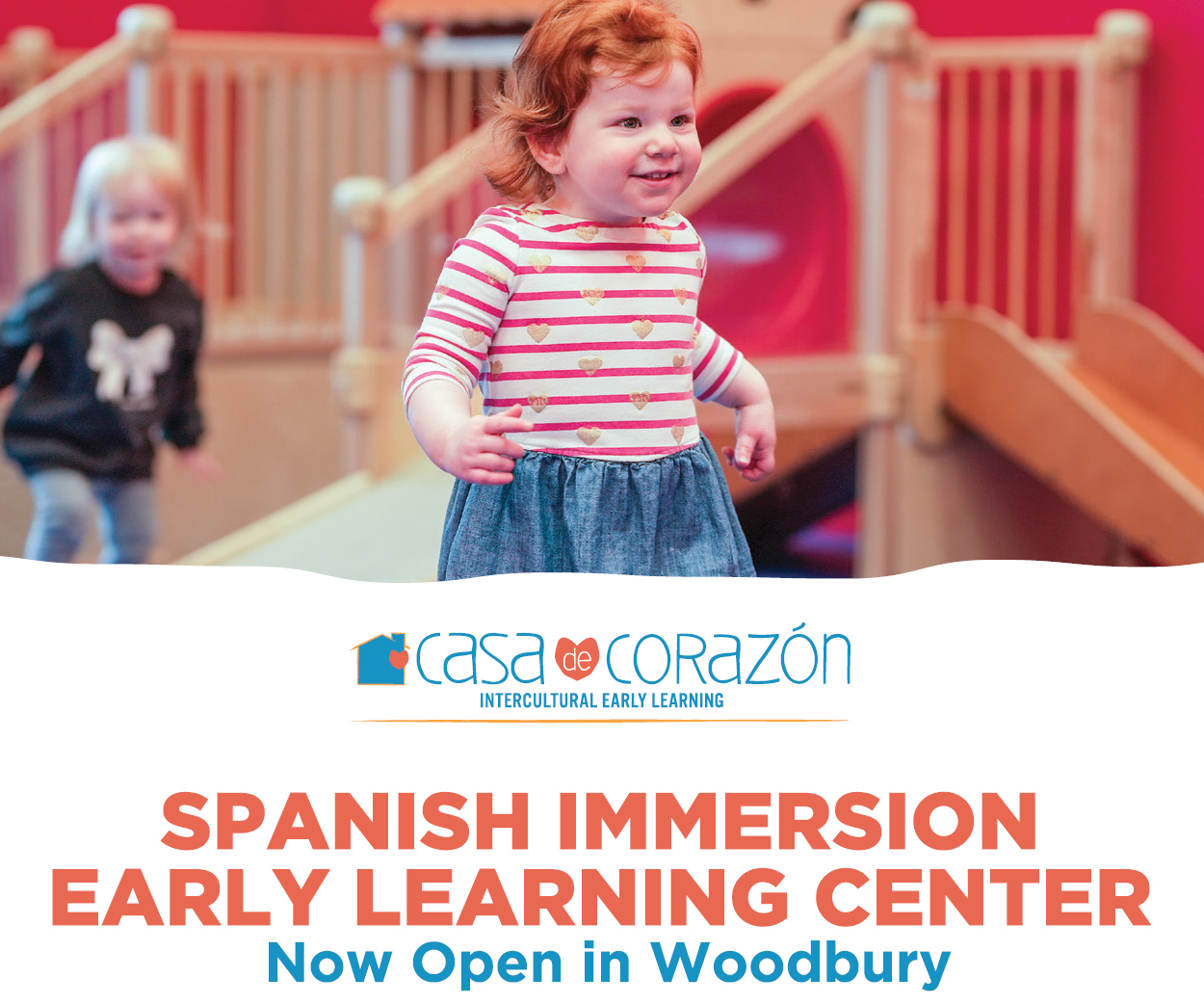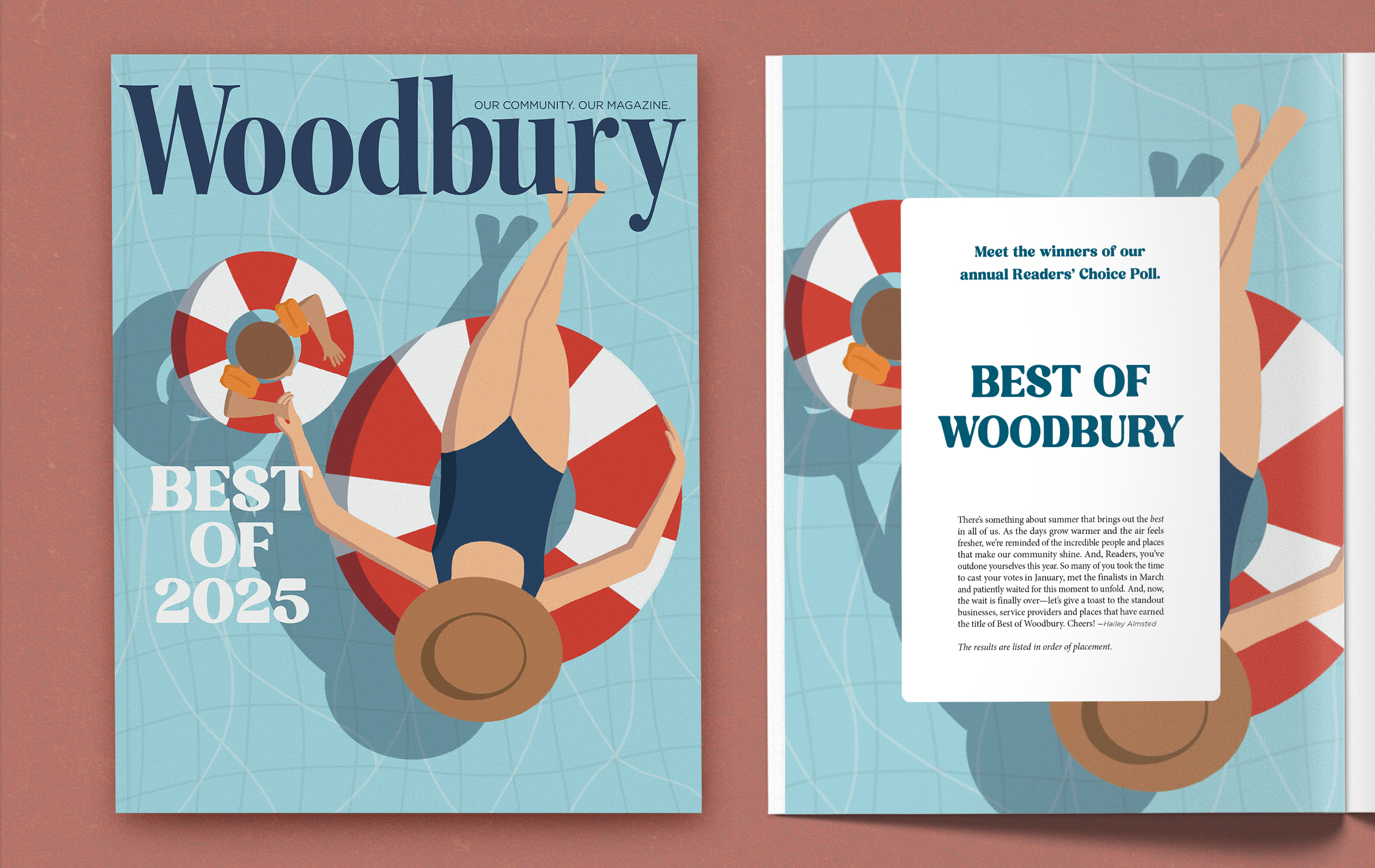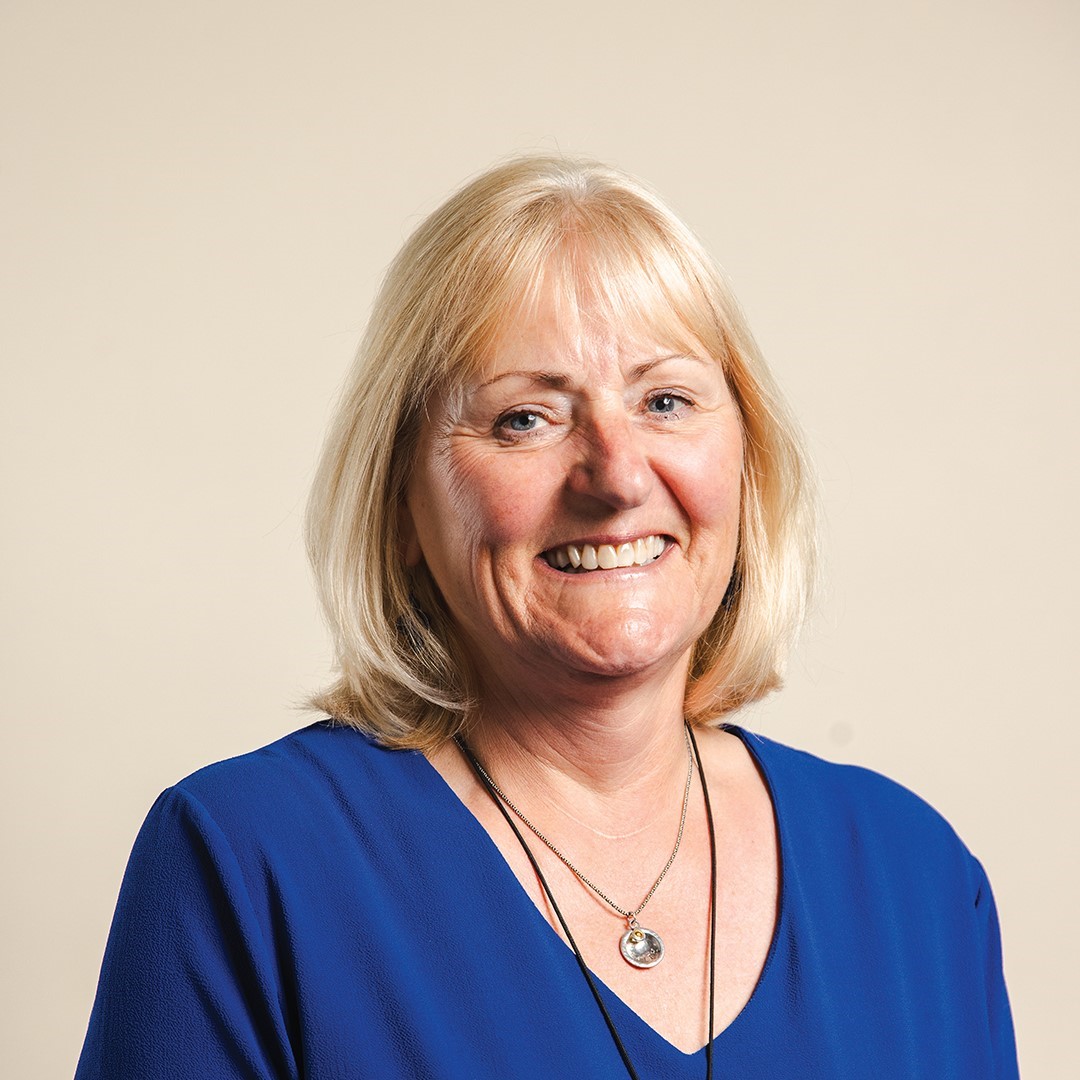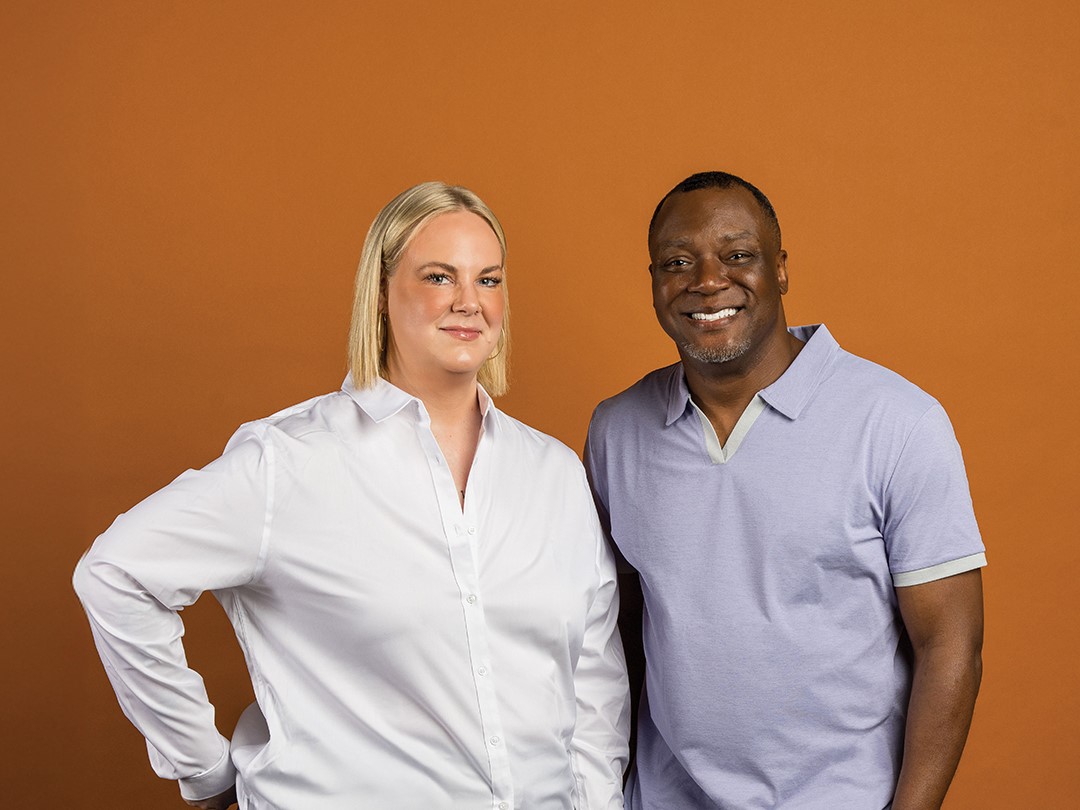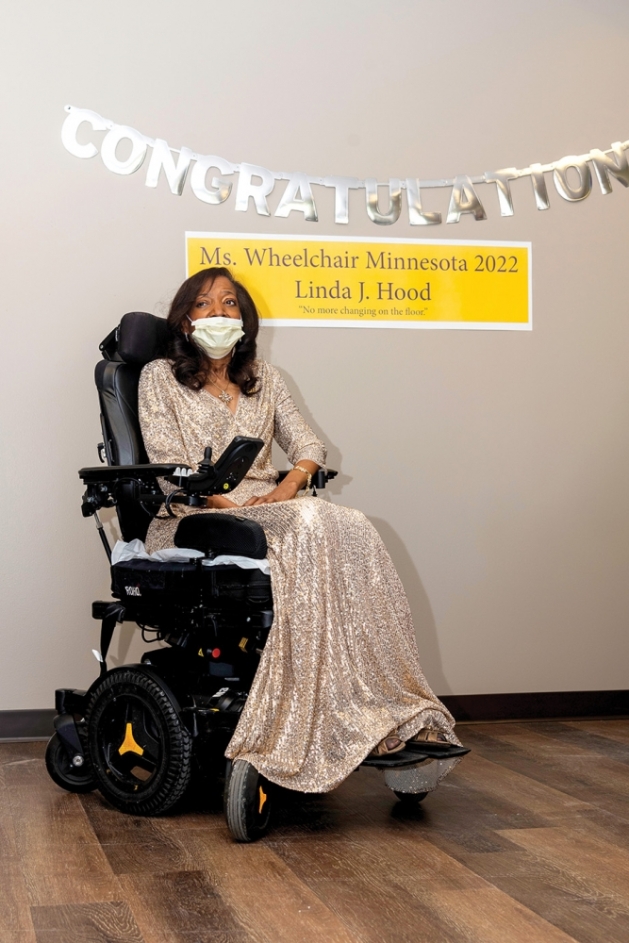
Linda J. Hood at the Ms. Wheelchair Minnesota 2022 event.
Linda J. Hood uses her platform to improve bathroom accessibility.
When the M Health Fairview Achievement Center director Darcy Hager-Slavin first met Linda J. Hood, she remembers her saying, “We’re only on this Earth a very, very short amount of time, and we need to make sure that we do great things.”
Hood abides by this mindset—she’s always found ways to help her community. As a scientist, she ran clinical trials for cancer patients. In 2015, she directed the Big 5K Race, an annual fundraiser and health initiative in Indian Mounds Park.
Then, Hood’s life took an unexpected turn while was traveling to Texas in 2018.
“I fell at the airport. I just—I couldn’t stand up,” she says. “It just happened so quickly.”
Hood was diagnosed with Guillain-Barré syndrome (GBS), a rare autoimmune disorder that causes damage to the peripheral nervous system. When she woke up in the hospital, she was completely paralyzed.
Hood spent 15 months in the hospital. Now, four years later, she lives in Woodbury, uses a wheelchair and participates in the M Health Fairview Achievement Center’s day program. But her diagnosis in 2018 hasn’t stopped her from improving her community.
Last year, Hood began working with large venues to install adult changing tables in their public restrooms. These tables look similar to infant changing stations—they’re attached to the wall and can be pulled down, parallel to the floor—but they’re larger and support a higher weight. Adult changing tables are essential for people who can’t use the toilet, but they’re still missing from popular venues like sports arenas, hospitals and the Minneapolis-St. Paul International Airport. Hood says that she and other people who use adult changing tables either avoid these venues or have to be changed on the bathroom floor.
“The bathroom floors are filthy, and [people] should not have to come in and clean the floors and then have to be changed on the floor,” Hood says. “We can do better than that.”
Hood has pointed out other inaccessible features in public buildings—narrow entryways and doors without automatic buttons, to name a few—but she focuses on adult changing tables because she sees bathrooms as one of the biggest barriers for people with disabilities.
“There’s a lot of people who are stuck at home,” Hood says. “But you don’t want to go anywhere if you can’t go to the bathroom.”
As she spoke out about bathroom accessibility, Hood learned of a competition called Ms. Wheelchair Minnesota, the regional branch of the Ms. Wheelchair America (MWA) organization. Unlike a traditional beauty pageant, MWA judges select contestants solely based on leadership and advocacy in their communities. Nina Harrison, Minnesota’s =Ms. Wheelchair 2021, also attends the M Health Fairview Achievement Center’s day program, according to Hager-Slavin.
After learning more about the competition, Hood says, “[I thought], ‘Well, is this going to bring awareness to my cause? Absolutely,’” and she applied and was crowned Ms. Wheelchair Minnesota in February at the Achievement Center.
Although Hood didn’t win this year’s national title, she plans to use her platform to meet with state officials. She wants “Minnesota to be a leader” in bathroom accessibility. “[It’s] not just a wheelchair issue,” she says. “[It’s] a health issue.”
To learn more about GBS or to find a Walk and Roll fundraiser for GBS research, visit gbs-cidp.org.




